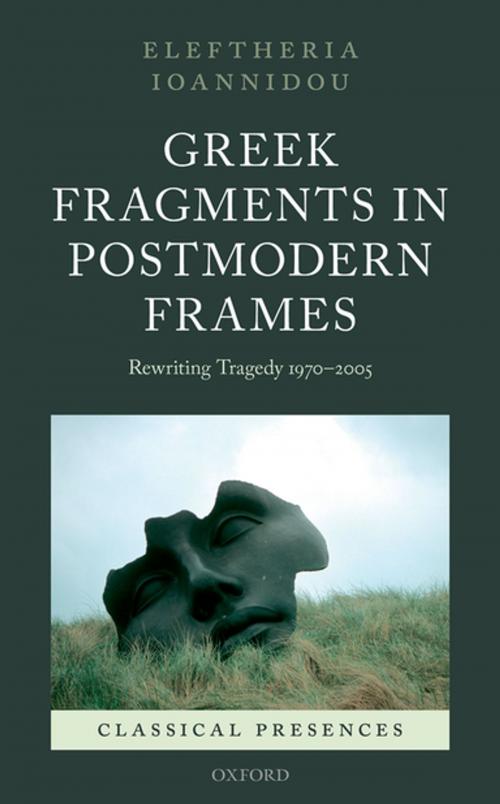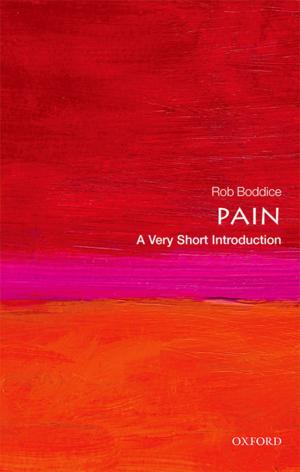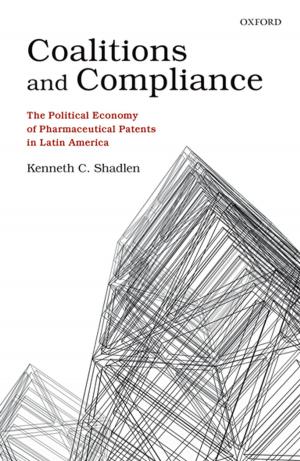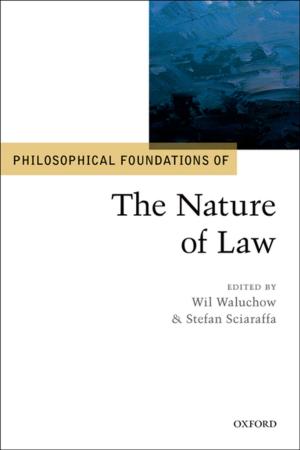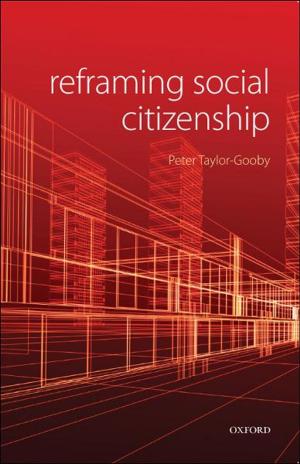Greek Fragments in Postmodern Frames
Rewriting Tragedy 1970-2005
Fiction & Literature, Literary Theory & Criticism, Drama History & Criticism, Ancient & Classical| Author: | Eleftheria Ioannidou | ISBN: | 9780192508447 |
| Publisher: | OUP Oxford | Publication: | December 22, 2016 |
| Imprint: | OUP Oxford | Language: | English |
| Author: | Eleftheria Ioannidou |
| ISBN: | 9780192508447 |
| Publisher: | OUP Oxford |
| Publication: | December 22, 2016 |
| Imprint: | OUP Oxford |
| Language: | English |
Greek Fragments in Postmodern Frames takes as its subject adaptation of Greek tragedy in the last decades, arguing that rewritings of Greek tragic texts in this period can be used as a tool to uncover a significant dialogue with postmodernism. Despite the large number of staged and written adaptations of Greek tragic texts in recent years, the idea still persists that tragedy is incompatible with postmodernism, with the long-standing debate over the demise of the genre in the modern era undergoing a recent resurgence with the claim that postmodernism precludes tragedy both as an aesthetic form and as a way of perceiving the world. This volume focuses on the adaptation of Greek tragedy between 1970 and 2005 and explores a wide range of adaptations from a variety of different countries: the plays under discussion are characterized by an extended intertextual engagement with their prototype texts - instead of simply adapting the Greek myth, they rewrite the classical text in ways akin to the renegotiation of authorship and textuality proffered by poststructuralist thought. Such adaptive strategies are not only integral to the wider problematics of interrogating the authority of the classical canon and the power structures embedded in its reception, but also have also given rise to the development of peculiar tragic modes and tropes towards the end of the twentieth and into the twenty-first century. In analysing these tropes and demonstrating the ways in which Greek tragic texts have been rethought and rewritten in the adaptions presented, this volume seeks on the one hand to show how tragedy continues to provide a means of articulating contemporary cultural and political preoccupations, while on the other it draws upon a cultural materialist methodology to resist fixed definitions of tragedy and to question established frames and representations.
Greek Fragments in Postmodern Frames takes as its subject adaptation of Greek tragedy in the last decades, arguing that rewritings of Greek tragic texts in this period can be used as a tool to uncover a significant dialogue with postmodernism. Despite the large number of staged and written adaptations of Greek tragic texts in recent years, the idea still persists that tragedy is incompatible with postmodernism, with the long-standing debate over the demise of the genre in the modern era undergoing a recent resurgence with the claim that postmodernism precludes tragedy both as an aesthetic form and as a way of perceiving the world. This volume focuses on the adaptation of Greek tragedy between 1970 and 2005 and explores a wide range of adaptations from a variety of different countries: the plays under discussion are characterized by an extended intertextual engagement with their prototype texts - instead of simply adapting the Greek myth, they rewrite the classical text in ways akin to the renegotiation of authorship and textuality proffered by poststructuralist thought. Such adaptive strategies are not only integral to the wider problematics of interrogating the authority of the classical canon and the power structures embedded in its reception, but also have also given rise to the development of peculiar tragic modes and tropes towards the end of the twentieth and into the twenty-first century. In analysing these tropes and demonstrating the ways in which Greek tragic texts have been rethought and rewritten in the adaptions presented, this volume seeks on the one hand to show how tragedy continues to provide a means of articulating contemporary cultural and political preoccupations, while on the other it draws upon a cultural materialist methodology to resist fixed definitions of tragedy and to question established frames and representations.
